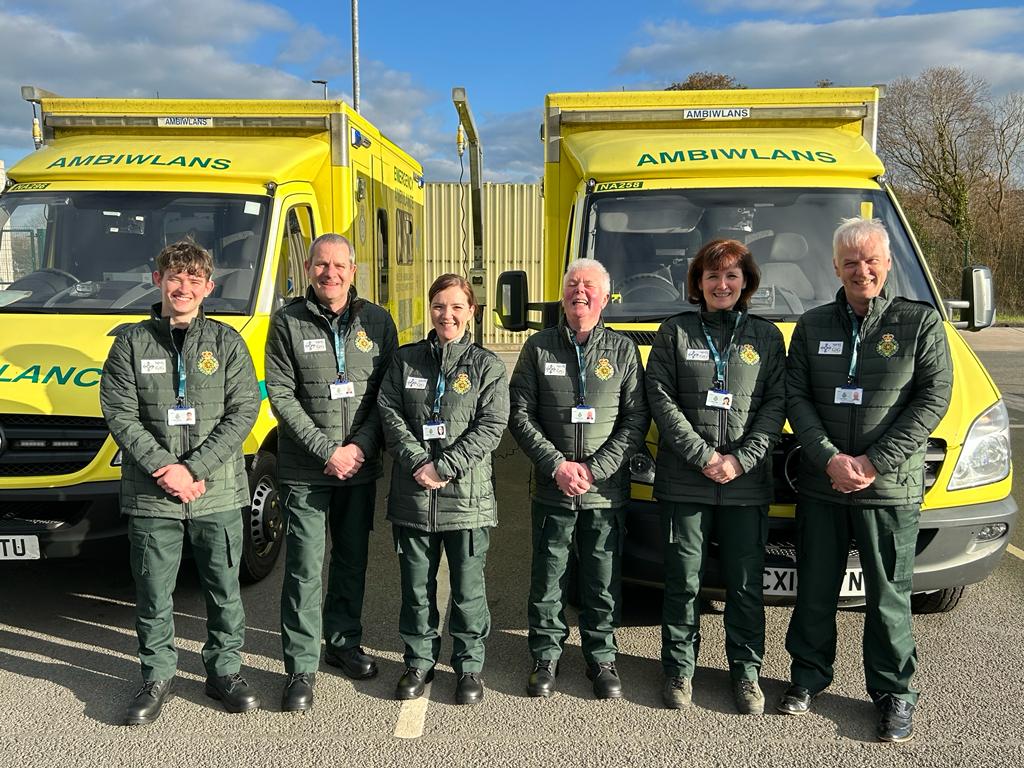
999 Overload: Welsh Ambulance Service Grapples With Critical Crisis As Calls Surge
The Welsh Ambulance Service (WAS) is facing an unprecedented crisis as the number of 999 calls continues to surge, leaving patients waiting hours for an ambulance and putting lives at risk.
Overwhelmed and Under-Resourced
In March 2023, the WAS received an average of 6,000 999 calls per week, a 10% increase from the previous year. This surge is being driven by a combination of factors, including an aging population, increasing demand for urgent care, and a shortage of staff.
The WAS is struggling to cope with the increased demand. Response times are at their worst in years, with some patients waiting hours for an ambulance. In February 2023, one patient waited over 30 hours for an ambulance, while another died after waiting over 10 hours.
Staffing Crisis
The WAS is facing a critical shortage of staff. In March 2023, there were over 500 vacancies for paramedics and emergency care assistants. This shortage is due to a combination of factors, including low pay, high workload, and a lack of training opportunities.
The staff shortage is having a significant impact on the WAS’s ability to respond to 999 calls. In March 2023, the WAS had to close 10 ambulance stations due to a lack of staff.
Calls for Action
The WAS is calling on the Welsh Government to provide more funding and support. The service needs more staff, more ambulances, and more training opportunities. The Welsh Government has pledged to provide an additional £50 million to the WAS in 2023/24, but this is still not enough to meet the current demand.
The WAS is also calling on the public to use 999 responsibly. People should only call 999 in a life-threatening emergency. For non-urgent medical help, people should call their GP or visit a local urgent care centre.
Perspectives
The 999 overload crisis in Wales is a complex issue with no easy solutions. There are a number of different perspectives on the issue, including:
- The Welsh Ambulance Service is under-funded and under-staffed, and this is putting patients at risk.
- The public needs to be educated about when to call 999 and when to seek alternative medical help.
- The Welsh Government needs to provide more funding and support to the WAS.
Conclusion
The 999 overload crisis in Wales is a serious problem that is putting lives at risk. The Welsh Ambulance Service is under-funded, under-staffed, and overwhelmed by demand. The Welsh Government needs to provide more funding and support to the WAS, and the public needs to be educated about when to call 999.
This crisis is a reflection of the wider challenges facing the NHS in Wales. The NHS is facing a funding crisis, a staff shortage, and an increasing demand for services. The Welsh Government needs to take urgent action to address these challenges and ensure that the NHS can continue to provide the high-quality care that the people of Wales deserve.
